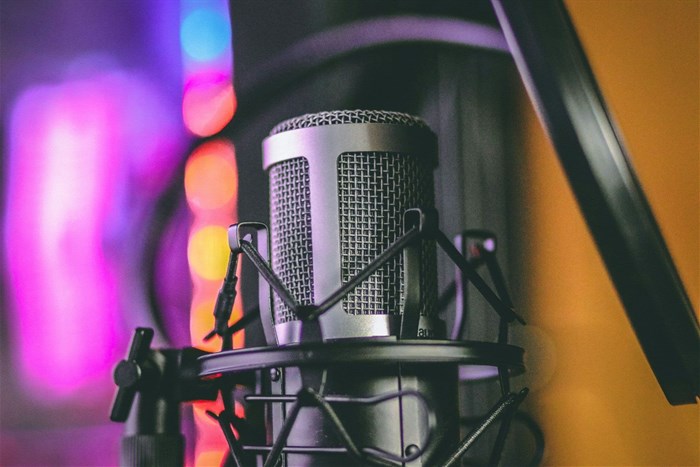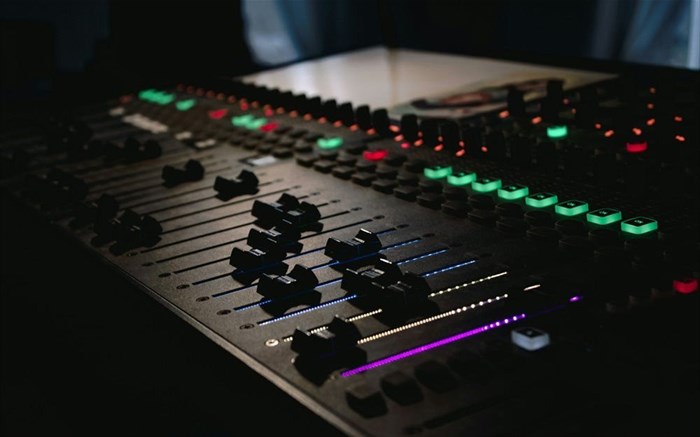
So Taylor Swift is not the first to re-record and release her old music. But why did she do this and how is it legal?
Explaining her re-recordings on Late Night with Seth Myers in 2021, Swift said “…when something says in parentheses '(Taylor’s Version)' next to it, that means I own it, which is exciting...".
To understand what this means, and why it’s important, we need to first understand some copyright basics and then rewind to before Swift was selling out stadiums and stealing the attention at the Super Bowl, to when she was a 14-year-old, as she puts it, writing songs on her bedroom floor.
Copyright subsists automatically in any work that has been written down, recorded, represented in digital data or signals or otherwise reduced to a material form. When Swift took the melody she composed in her high school math class to paper and turned it into the first rendition of what later became her debut hit, "Tim McGraw", she became the owner of the copyright in the musical composition and lyrics of the song (these constitute musical and literary works in copyright parlance).
Owning this copyright entitles her to make copies of and adapt the songs, to perform them and to release these songs publicly. Over the years, she has, through this method, though not all in her math class, accumulated ownership of the copyright in works that make up hundreds of songs.
At around the same time as Swift was writing songs instead of learning algebra, but before she enjoyed any major success, she signed a recording contract for six records with Scott Borchetta’s label, Big Machine Records (BMR). While this contract did entitle BMR to record her songs and release them, she retained ownership of the copyright in the musical and literary works.
As was industry standard at the time, one of the contractual terms included Swift agreeing not to re-record any of these songs until the expiry of a fixed period from the expiration date of her contract with BMR.
BMR put Swift in a recording booth and turned her lyrics and musical compositions into the (not-Taylor’s version) albums that topped the charts between 2008 and 2017. In doing so, they became the owner of a bundle of copyright works vesting in or relating to these albums, including the cover art (artistic work), music videos, (cinematograph work) and most importantly, the original sound recordings, themselves, also known as the “Masters”.
Despite Swift still owning the copyright to the underlying literary and musical works, BMR’s ownership of the Masters meant that they could control the way in which those specific recordings are used, including by Swift herself, and that they receive the majority of the royalties generated each time these recordings are played or streamed. Given Swift’s re-recording ban, this gave BMR control over the only commercially exploitable version of her music.
Before returning to BMR and the Masters, we need to take a quick detour to the 2009 MTV Video Music Awards, where Kanye West stole the mike from a 19-year-old Swift in the middle of her acceptance speech to announce his belief that Beyonce was the worthy winner of the award Taylor was accepting.
This spiralled into an extended feud between Swift and Ye in which many a public persona picked sides. As with all Twitter-(X)-wars, some of the details of what happened next depends on whose narrative you choose to believe. West’s manager at the time, Scooter Braun, turned himself into the antagonist of this story by allegedly backing West in the feud and, as purported by Swift, bullying her online.
With the release of the original “Reputation” album in 2017, Swift’s six-album-obligation to BMR came to an end and, in November 2018, she signed a new contract with none other than Universal Music Group (the same label that was burned by Def Leppard’s re-recordings). Under this contract she would retain ownership of copyright subsisting in the musical score and lyrics, as well as in the Masters produced with the record label.
At this time, Swift made an offer to BMR to buy the Masters of her first six albums from them. Their counteroffer required Swift to “work back” her Masters by re-signing to BMR and “earning” her ownership of the Masters - one album for each new album produced with the label. Needless to say, she rejected their offer.
In June 2019, news broke that BMR was bought over by a company called Ithaca Holdings for $300m. The twist? Ithaca Holdings is owned by non-other than Yeezy’s friend, Scooter Braun.
Ithaca Holdings sold Swift’s Masters to a private equity firm, Shamrock Holdings, in October 2020, after a further attempt at ownership by Swift was met with more conditional counter-offers.

As with the great Ye-Swift feud of the 2010s, the social media battle that ensued between Swift and Braun following the acquisition by Ithaca of her Masters also led to celebrity side-picking.
Kelly Clarkson, took to Twitter (X) to give her friend some well-received copyright advice: “...just a thought, U should go in & re-record all the songs that U don’t own the masters on exactly how U did them but put brand new art & some kind of incentive so fans will no longer buy the old versions.” [sic]
@taylorswift13 just a thought, U should go in & re-record all the songs that U don’t own the masters on exactly how U did them but put brand new art & some kind of incentive so fans will no longer buy the old versions. I’d buy all of the new versions just to prove a point ����♀️
— Kelly Clarkson ����☀️ (@kellyclarkson) July 13, 2019
With her contractual re-recording moratorium coming to an end in November 2020, that is exactly what Swift did, and so ‘Taylor’s Version’ was born – versions of her first six albums in respect of which Swift owns and controls the entire copyright bundle.
Of the six, four Taylor’s Version albums have been released so far, all of which have debuted at no. 1 on the Billboard 200 charts.
Aside from the right to re-record her music, owning the copyright in the music and lyrics of the songs on the original albums holds some additional perks, as Swift has the power to veto any licensing agreement (for advertisements, television, movies etc.) that BMR, Shamrock Holdings or any future owner of those Masters want to pursue, further securing her control over her music.
The full impact of the controversy over Swift’s Masters and the success of the Taylor’s Version albums is yet to be fully realised but one thing is clear: artists and record labels alike have been schooled on how to leverage copyright.
The music industry has a bad rap regarding the exploitation of artists so the hope is that the story of Taylor’s Version will empower artists to retain the rights to their work and persuade record labels to enter into mutually beneficial contracts with a longer-term view in mind.
The fact of the matter is, however, that early-stage recording contract negotiations are usually like high-risk venture capital investments, in which the labels take most of the risk and the artists take what they can get. Rather than empowering artists, this saga may serve as a warning to record labels to insist on more limiting re-recording clauses, with some already extending the moratorium period to 30 years as opposed to the former industry norm of 5-7 years.